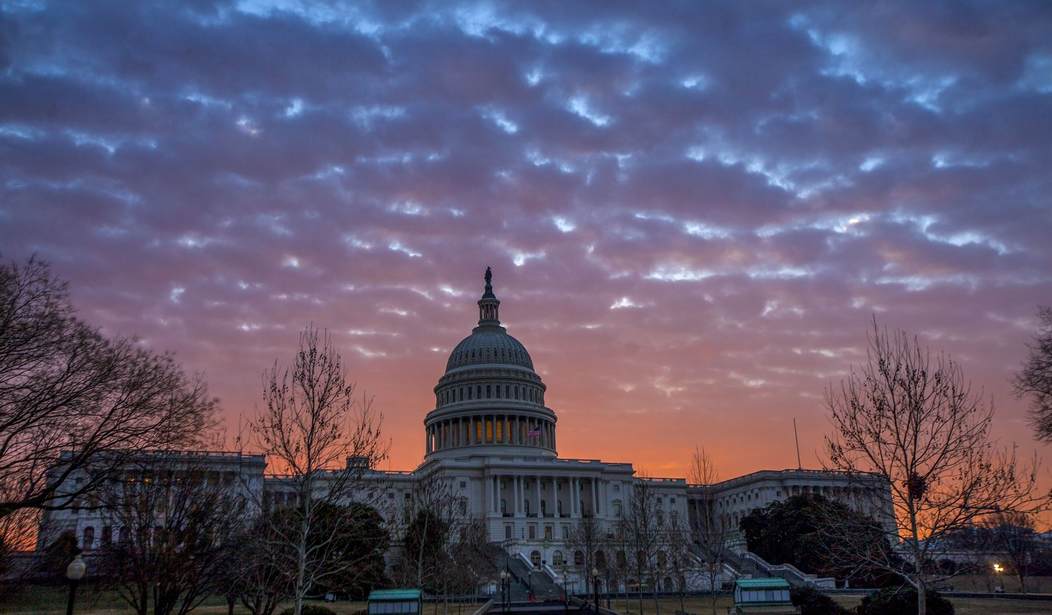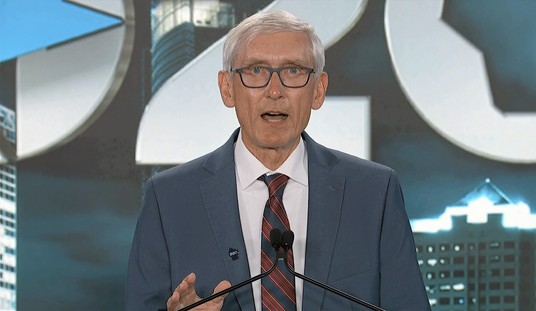Good news: For the first time in a while, the United States isn’t just economically stronger. It’s economically freer.
How do we know? Check the just-released 2018 “Index of Economic Freedom,” an annual data-driven research project that scores and ranks almost every country.
The U.S. isn’t alone, I’m glad to say. Since it began measuring and documenting countries’ economic freedom more than two decades ago, the world economy has become more open and prosperous. Countries once riddled with violence and poverty have embraced the principles of economic freedom -- and set themselves on a path toward long-term development and prosperity.
Our economic liberty has a profound effect on our daily lives. It influences how much money we make, what kind of work we do, how high prices and unemployment are -- even what kind of appliances we can buy.
So where does the U.S. fall on this year’s Index? Our global ranking is No. 18. True, that’s one slot lower than last year, but notice our score: 75.7 (on a 0-100 scale, with 100 being the freest). That’s 0.6 points better than last year’s. That may not sound like much, but it’s our first improved score in the last four years.
A significant improvement in the U.S.’s score for “financial freedom,” which covers banking regulations, more than offset a lower score in “government integrity,” which measures such things as cronyism and corruption.
An 18th place finish in a field of 180 countries isn’t bad, of course. But that’s 11 slots below where we finished in 2008. Indeed, the U.S. was once a regular top 10 finisher when the Index was first published in 1995. Estonia, a former Soviet state, finishes ahead of us.
Recommended
We’re not even the freest economy in the Americas. Canada beat us out again. But our recent slide has been halted, and we appear poised for more gains in the future.
Looking back on my involvement with the Index, it is particularly gratifying to note its continued impact in this, its 24th year. Economic freedom continues to rise in a majority of the world’s countries, and the Index has recorded its highest-ever world average score this year.
As countries compete to improve their scores and move up in the rankings, the real winners, of course, are their citizens. Improvements in economic policy that enhance economic freedom have enabled hundreds of millions to escape poverty, and countless others to enjoy levels of prosperity never before seen.
Though we sometimes lose sight of it amid the daily grind of politics and the massive overflow of information and misinformation, the world in which we live is profoundly better in myriad ways than the world our parents inhabited. We enjoy better health, better nutrition, and better housing. We live in a cleaner environment and have more options than ever for fulfilling work.
“We live in a Golden Age of economic progress,” Steve Forbes writes in the Index. “Things we take for granted—antibiotics, the iPhone, air travel—would have seemed like magic to our great-grandparents.”
If we haven’t quite achieved the American promise of e pluribus unum (out of many, one), the globalized world economy has nonetheless largely united around the principles of free-market capitalism, whose proven record of promoting growth and prosperity has won over all but the most committed socialists and Communists.
The enhanced trade among nations that has accompanied the growth in economic freedom has also proven to be a powerful force for peace. As President Ronald Reagan said in 1983:
“The winds and waters of commerce carry opportunities that help nations grow and bring citizens of the world closer together. Put simply, increased trade spells more jobs, higher earnings, better products, less inflation, and cooperation over confrontation. The freer the flow of world trade, the stronger the tides for economic progress and peace among nations.”
As the 2018 Index shows, those tides are rising, but there is much to be done. The question is, do we have the will to do it?
























Join the conversation as a VIP Member